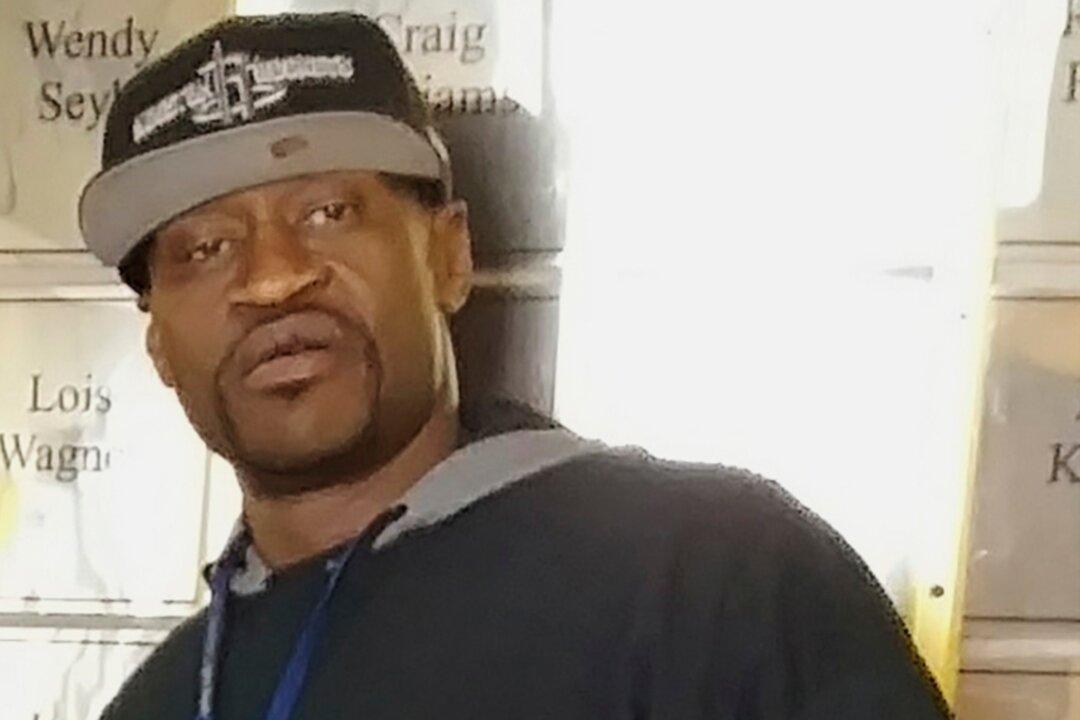MINNEAPOLIS—The city of Minneapolis on Friday agreed to pay $27 million to settle a civil lawsuit from George Floyd’s family over the man’s death in police custody, as jury selection continued in a former officer’s murder trial.
Council members met privately to discuss the settlement, then returned to public session for an unanimous vote in support of the massive payout. It easily surpassed the $20 million the city approved two years ago to the family of a woman killed by a police officer.





